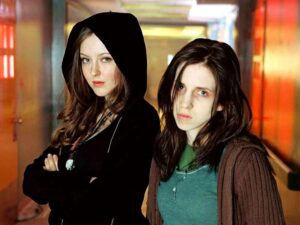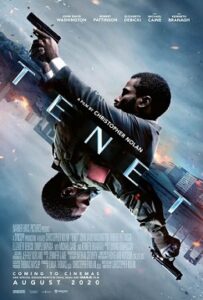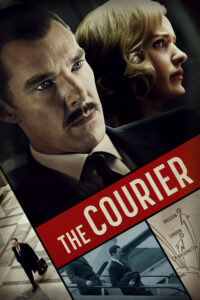I am engaged in a regular writer’s group that meets twice a month and of course as a novelist I also solicit for beta readers for works in progress all of which gives me a prime perch to watch and hear people giving feedback on a writer’s work.
Now, there are plenty of different styles in how to give feedback, personally whenever possible I try to sandwich the critique as good stuff – stuff that didn’t work for me – and more good stuff. Opening and closing with things worked and that you like I think makes it much easier for the harder material to be heard and digested.
There is one approach that see repeatedly used and it’s not one that the critique is choosing but rather falls into without be actually aware of it that hampers giving good feedback, and that is wanting the story to be a different story all together.
Except for a few beta readers those giving feedback are usually writers themselves and there is often an unconscious attempt to mold the story being critiqued into one they would have written and that is not helpful to the author.
Say I am critiquing a story about a woman on the American Plains in the mid 1800s and it’s about her coming to grips with her sexuality and desires for women after the passing of her husband. Okay that is one story and one with lots of potential but if I come to author and suggest that it’s not exciting because there isn’t lots of combat with the local native tribes and it would be much more interesting if we had more characters from the cavalry involved then I am not critiquing the story before me but rather trying to get one written that I might write.
(Not that I have ever had a desire to write western fiction this is merely example.)
It is vital that even if it is not the kind of fiction you would ever write you keep in the forefront of your mind what story that writer is actually trying to tell and not the one you wish for. Critiques that fall into the trap aren’t bad or trying to sabotage the work they have simply fallen into a very natural but not helpful case of mirroring. They are thinking of the story they would write and not this one. Once you are aware and on the alert for this you can give much better critiques that will help your fellow writers.




